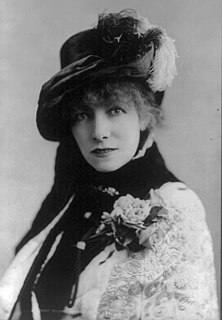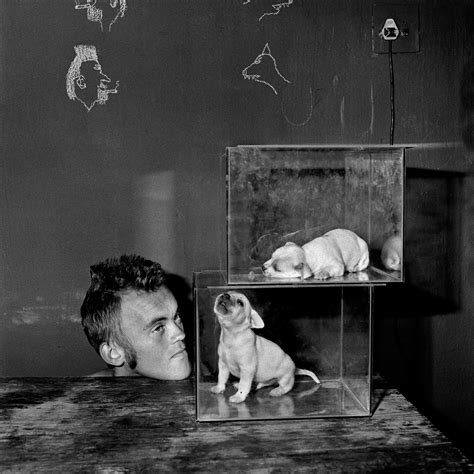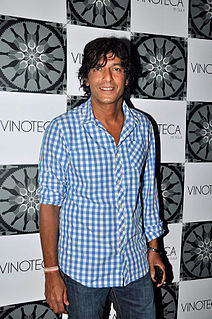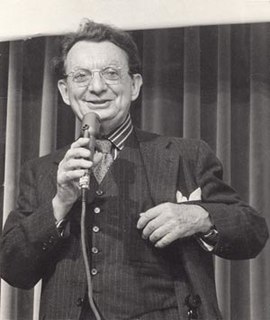A Quote by Pablo Picasso
The artist spends the first part of his life with the dead, the second with the living, and the third with himself.
Related Quotes
If a young man gets married, and starts a family and spends the rest of his life working at a soul-destroying job, he is held up as an example of virtue and responsibility. The other type of man, living only for himself, working only for himself, doing first one thing and then another simply because he enjoys it and because he has to keep only himself, sleeping where and when he wants, and facing woman when he meets her on equal terms and not as one of a million slaves, is rejected by society. The free, unshackled man has no place in its midst.
With most people, not describable as artists, all the finer part of their vitality goes into sex. They become third-rate poets during their courtship. All their instincts of drama come out freshly with their wives. The artist is he in whom this emotionality normally absorbed by sex is so strong that it claims a newer and more exclusive field of deployment. Its first creation is the Artist himself, a new sort of person; the creative man.
An artist is he who has his center within himself. He who lacks this must choose a particular leader and mediator outside of himself, not forever, however, but only at first. For man cannot exist without a living center, and if he does not have it within himself, he may seek it only in a human being. Only a human being and his center can stimulate and awaken that of another.
I was acquainted once with a gallant soldier who assured me that his only measure of courage was this: upon the first fire, in an engagement, he immediately looked upon himself as a dead man. He then bravely fought out the remainder of the day, perfectly regardless of all manner of danger, as becomes a dead man to be. So that all the life or limbs he carried back again to his tent he reckoned as clear gains, or, as he himself expressed it, so much out of the fire.








































